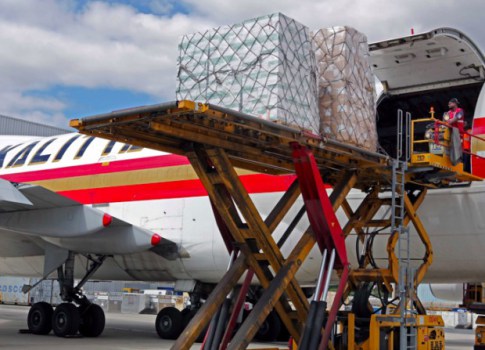World Vision, a Christian relief organization, is among the many humanitarian aid groups fervently working to halt the spread of Ebola in West Africa.
Using relationships built through an extensive network of churches cultivated over the past two decades, World Vision, through its national office in the city of Freetown, is educating Africans about the dangers of Ebola and providing personal protective equipment (PPE) to health care workers.
But the humanitarian team is also working on a plan to recruit, train and organize burial teams to handle infected corpses — a tricky endeavor that is considered a necessity in helping stem Ebola’s rampant spread.
Working closely with Sierra Leone’s Ebola National Health Force, a government task force overseeing efforts to combat the virus, World Vision is currently crafting its plan. And the idea behind it is quite simple: With the proper burial procedures, fewer citizens will contract Ebola from infected corpses.
The organization is walking a fine line, though, in how it addresses the matter, considering the cultural norms that surround burial — practices that have helped facilitate the spread.
The British Red Cross explained in a blog post Friday just one of the reasons why the virus has infected so many so quickly: “People are very traditional when it comes to burials — they wash the body, hug and kiss the deceased. Such practices have had to stop.”
So, World Vision is working to find a balance between respecting families’ traditions and keeping the public safe.
“Burial teams [ensure] that there are proper and dignified burial services happening and that the burial teams have the personal protection teams to operate,” Kristen Barredo, a program management officer at World Vision, told TheBlaze. “We’ll also be working with community health workers so that they can get out into the communities and safely talk to households.”
Barredo said that World Vision is dealing with this dynamic by educating the public about how to handle people who have contracted Ebola and those who have passed away using its “Channels of Hope” curriculum — collective standards that have have traditionally been used to address HIV/AIDS…Read More
Source and Original Content by BCNN 1



